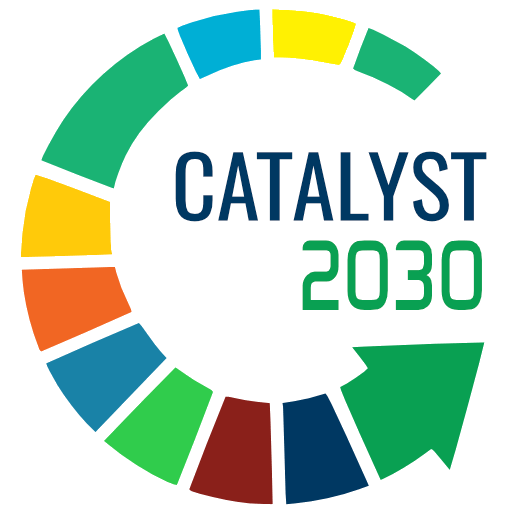
We live in the age of prompts. If you’ve ever talked to an artificial intelligence – like ChatGPT, for example – you’ve probably noticed that the quality of the answer is directly linked to the quality of the question. A broad, poorly worded or generic request usually brings an equally shallow, imprecise and sometimes even mistaken response. But did you know that this also happens in the offline world, especially in the field of impact projects?
The way a request is expressed can determine the success or failure of an initiative. Understanding the power of a well-made request is essential to understanding how it directly influences the strategy, effectiveness and results of a project.
Prompt and project: when the question is the key
Prompt is the term used to define the command entry or question in an AI. It needs to be clear, objective, detailed and well targeted. This is because, no matter how intelligent the technology is, it can only work with what it is given.
It’s the same with social and development projects! A generic request that is poorly structured or misaligned with the local reality has a high chance of generating fragile solutions and frustrating results. On the other hand, when the request comes with clarity, purpose and strategy, the whole process becomes more fluid and effective.
That’s why one of the most important stages of a project begins even before it is carried out: listening to and understanding the demand. Knowing how to ask is the first step towards transformation.
What’s behind a good request?
At Raízes, we believe that solid projects are born out of well-formulated demands. And we know that the client or partner doesn’t always arrive ready-made. That’s why we offer co-creation possibilities right from the start.
In many cases, this means investing time and technical hours to understand the local reality, the objectives of those who come to us and the impact they want to achieve. It is in this context that we offer one of our most important products: Project Design.
The Project Design works as a structuring stage. This is when we sit down with the client, listen, ask questions and, together, design a proposal that makes sense, is viable and is aligned with the purpose of both parties. It can be a stage prior to an execution to be carried out by Raízes, or an independent stage for creating orders to be delivered by third parties.
A recent example illustrates this second case well. The Arbo Institute, an organization partner of Raízes in other initiatives, approached Raízes to build a strategic and assertive call for proposals for new projects in an area where we have great expertise: income generation for vulnerable women. In this case, we created the TR, or Terms of Reference: an essential step to ensure that the call is clear, precise and capable of attracting proposals that are truly aligned with what is sought. In other words, our contribution was to help build a good request. A good prompt.
Co-creating is taking care of the process from the start
We believe that successful projects are born out of collaboration from the very first step. And that starts with a deep understanding of the reality and demands of those who come to us.
If you work with social impact, generating income from socio-biodiversity, responsible tourism or territorial development, how do you formulate your requests? Are you clear about what you need and what you want to achieve?
Get in touch with us! We’re here to think along with you. After all, before any execution, care must be taken with the beginning. Because knowing how to ask is a way of transforming.


